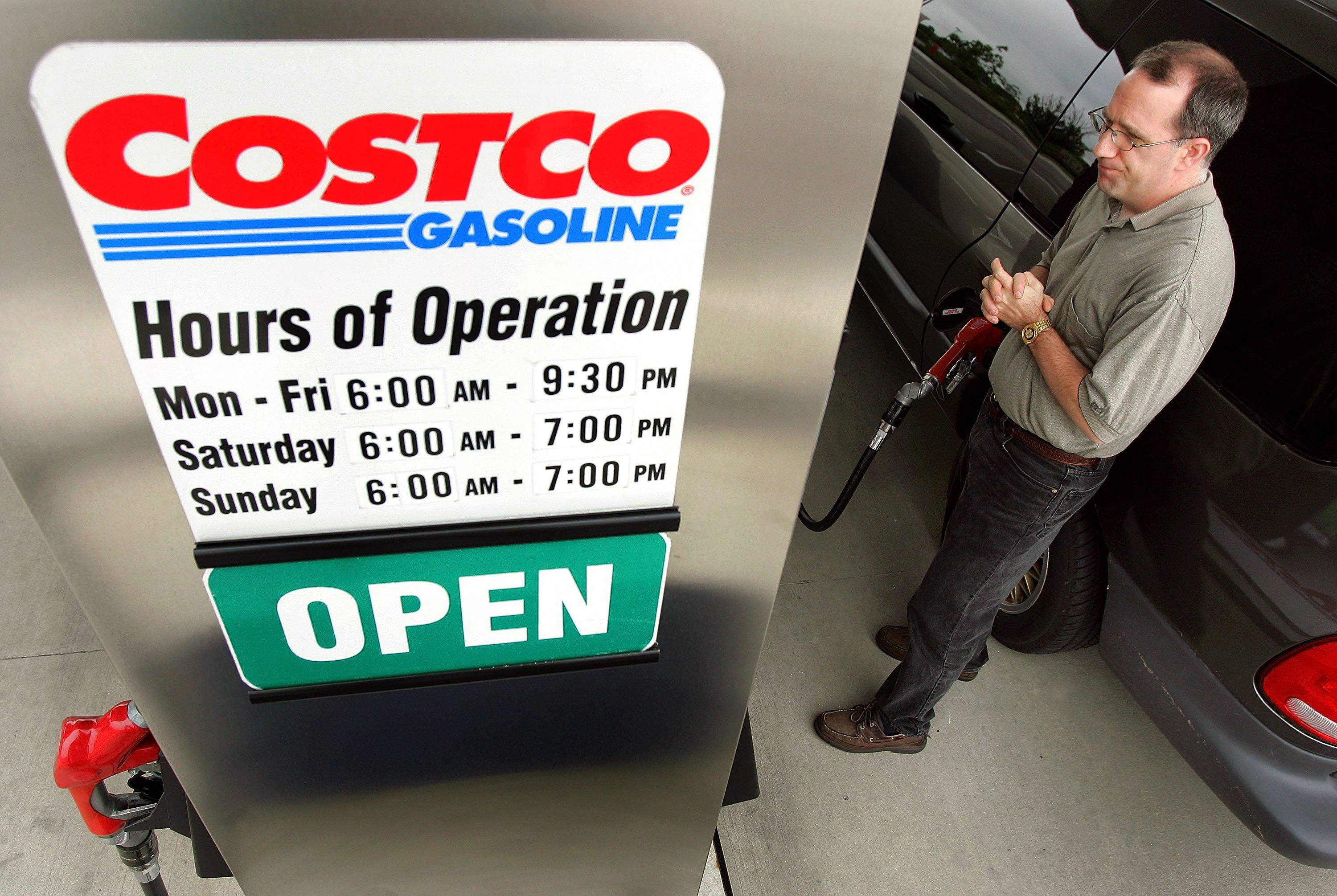District of Columbia law prevents gasoline stations from also selling alcoholic beverages. But when Costco decided it was interested in setting up an operation in DC earlier this year, city officials were eager to have them. So they agreed to a loophole. Costco could get a license to sell liquor and beer and wine, and rather than operating a gas station on the property Costco would divide the lot, with a small portion of it owned by a separate firm that happens to be a wholly owned subsidiary of Coscto. Thus both the gasoline and the booze can flow.
Naturally, DC’s other gasoline retailers are upset and now a furious lobbying battle is under way largely between Coscto and a Virginia businessman named Eyob Mamo who’s the biggest player in the local industry. Read Mike DeBonis’s excellent feature on this for all the details.
In terms of the policy fundamentals, I think the issue here that local officials need to grapple with is whether they want the retail price of gasoline to be lower or not. The alleged rationale for the “no booze at the gas station” rule is to prevent drunk driving, which makes very little sense given the practicalities of urban geography. The real impact is to make both gasoline and alcohol scarcer and more expensive than it would otherwise be. By forcing convenience store operators to choose between selling gas and selling beer, you get less competition in both industries. Reducing alcohol consumption is arguably good public health policy and reducing gasoline consumption is definitely good environmental policy, so the actual pre-Costco outcome wasn’t crazy.
But it is a somewhat absurdly inefficient way of achieving either of those goals. The sensible thing to do would be to let everyone have the same deal as Costco where you can sell gas and booze simultaneously, but raise the gasoline tax and possibly the tax on alcohol as well. Then you could use the revenue to cut the regressive regular sales tax or boost the EITC slightly or whatever else.
